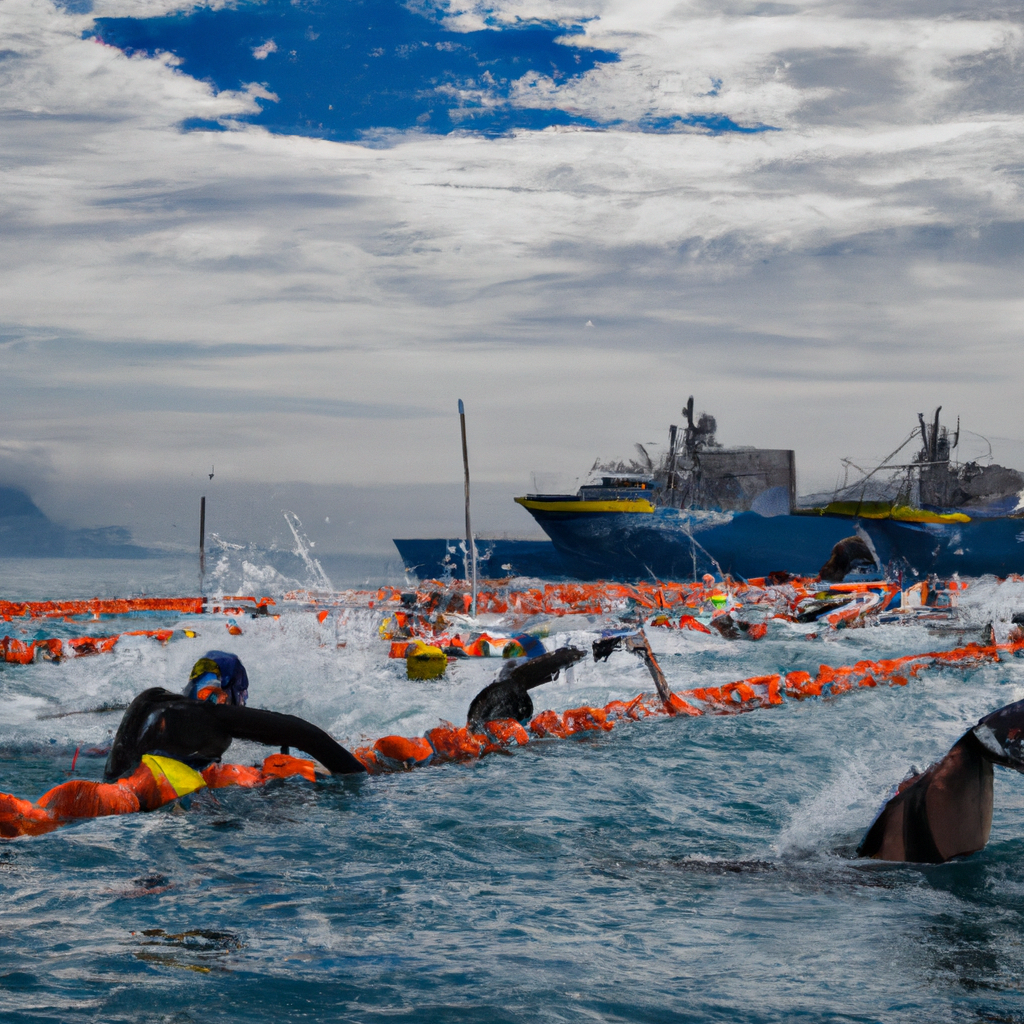Promoting Sustainability in Nautical Sports: Problems, Solutions and Innovations

In our current era, sustainability has become a primary concern in all aspects of life, from food and fashion to transportation and sports. In particular, water sports, which are recreational and competitive activities that take place in bodies of water, have an intrinsic and delicate relationship with the environment. This article will address the issue of sustainability in water sports, exploring the principles of sustainability in this context, analyzing the environmental impact of these activities and proposing possible solutions. We will also highlight emerging innovations that promote a more sustainable practice of water sports, as well as the crucial role that athletes and sports organizations play in promoting sustainability in this area. Aware of the importance of maintaining our precious bodies of water for future generations, it is essential that we delve into the relationship between water sports and sustainability.
- 1. "Principles of Sustainability in Nautical Sports"
- 2. "Environmental Impact of Nautical Sports: Problems and Solutions"
- 3. "Innovations for a Sustainable Practice of Nautical Sports"
- 4. "The Role of Athletes and Organizations in the Sustainability of Nautical Sports."
1. "Principles of Sustainability in Nautical Sports"
The principles of sustainability in nautical sports are based on the premise of minimizing environmental impact, preserving aquatic ecosystems and guaranteeing equitable use of natural resources. This involves applying practices such as using eco-friendly equipment and boats, reducing waste and pollution, conserving energy and water, and respecting marine life and coastal areas. It also refers to the education and awareness of athletes and spectators about the importance of sustainability, promoting environmentally friendly behavior. Furthermore, sustainability in water sports has a social dimension, which includes the promotion of equity, inclusion and well-being of all people involved.
2. "Environmental Impact of Nautical Sports: Problems and Solutions"
Water sports, although they are an excellent way to enjoy nature and stay active, are not exempt from their environmental impact. The use of motorized boats can contribute to water and air pollution, as well as cause noise and disturbance to wildlife. Sailing and rowing boats, although cleaner, can also have an impact, particularly if practiced in sensitive or protected areas. However, there are solutions to minimize these impacts. The use of electric or hybrid motors, the adoption of environmentally friendly boating practices, and the education and awareness of participants can help ensure that water sports are sustainable and environmentally friendly. Furthermore, effective planning and management of the areas where these sports are practiced can help protect ecosystems and biodiversity.
3. "Innovations for a Sustainable Practice of Nautical Sports"
Technological innovations are playing a crucial role in promoting sustainability in water sports. One of the most notable is the development of ecological boats and equipment, made with recycled and biodegradable materials that minimize environmental impact. In addition, renewable energy sources are increasingly being used to power sports boats. For example, the incorporation of solar panels on sailboats and yachts allows the sun's energy to be harnessed to propel the boat and power the electrical systems on board. Similarly, electric motors are being used instead of gasoline motors in motorboats and jet skis, thereby reducing greenhouse gas emissions. Likewise, some innovations aim to improve energy efficiency in navigation, such as the design of optimized hulls that reduce water resistance and, therefore, energy consumption. These innovations not only help protect the environment, but also offer new opportunities and challenges for water sports enthusiasts.
4. "The Role of Athletes and Organizations in the Sustainability of Nautical Sports."
Athletes and organizations play a crucial role in the sustainability of water sports. As the main users and promoters of these sports, they have a responsibility to lead the way towards more sustainable practices. Athletes can contribute by minimizing their impact on the environment, for example by using equipment made from sustainable materials, following boating rules that protect marine life, and participating in beach and ocean cleanups. Organizations, on the other hand, have the power to establish sustainability standards and policies, organize awareness and education events, and promote research for the development of more sustainable technologies and practices. Your commitment and action can influence the entire sector, from equipment manufacturers to spectators, to make water sports a more environmentally friendly activity.
